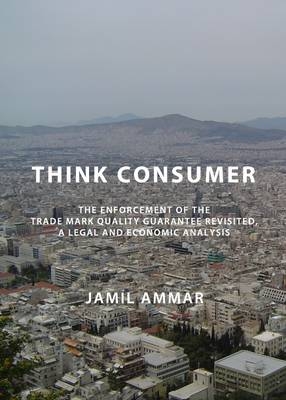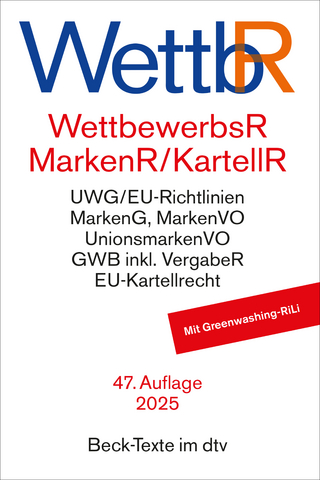The availability of a wide range of branded products makes the selection of the right type of goods a difficult process. This is particularly true in the case of goods whose characteristics consumers do not have complete information about, which they can only learn about after purchasing (experiencing goods). A trade mark quality guarantee facilitates consumers’ choice by sending quality signals. It also enables a trader of branded goods to differentiate the quality of his goods from those of his competitors. Accordingly, trade mark protection is said to enhance economic efficiency, and thus the production of quality goods, and reduce consumer search costs. In order for this to work, however, among other conditions, the trader must maintain consistent quality over time and across consumers. Otherwise, trade mark protection will enhance artificial product differentiation, and thus distort competition. To date, despite its profound significance, the quality guarantee is seen as performing an economic function that trade mark law is ill equipped to deal with. As a result, this function is not enforced under trade mark law.Contrary to mainstream thinking, this book argues that the quality function of a trade mark should be recognised and enforced through trade mark law. What is at stake is far from insignificant: it is about bridging the ever increasing gap between the legal rationales for trade mark protection and the economic consequences of this protection in practice. The book is also about how consumers should shape their relationship with trade marks and what role law should play in constructing that relationship. By giving independent legal substance to the quality function, trade mark law encourages a trader to improve the quality of his goods instead of simply improving the persuasive or advertising value of the mark, which, in turn, enhances artificial product differentiation, increases rather than decreases consumer search costs, and distorts competition.
Dr Jamil Ammar obtained a PhD in European Intellectual Property Law at the University of Edinburgh in Scotland, where he was also the book review editor of the SCRIPT Law and Technology Centre. Jamil obtained a LLM in International Commercial Law at the University of Wales. His areas of research are in intellectual property and information technology law, branding, e-commerce law including international banking, payment systems, technology transfer and trade marks law. He has a membership at the British Institute of International and Comparative Law, and is member of the Damascus Bar Association. He has presented papers at Aberdeen University and Edinburgh University. He has also reviewed many books for journals such as the European Intellectual Law Review and International Trade Law and Regulation.



